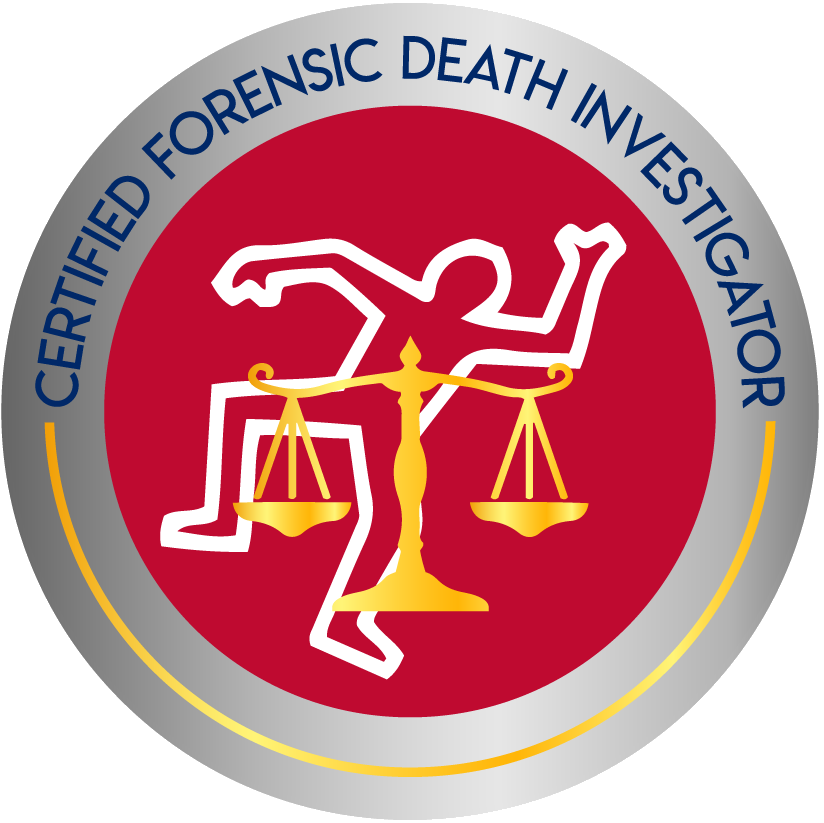
We are very active in the various associations we belong to – from our state association to national and international associations. These each have professional listserves as a networking benefit to members – from asking for assistance, to sharing experiences – the sharing is a valuable resource. In recent years there has been a growth of social media groups serving much the same purpose, with disappointment.
Recently, and certainly not new – in fact, too often and regularly – we see an investigator ask for assistance, only to find a fraction of responders giving advice that gives you goosebumps. Most are well intended, just not well thought out. Others blatantly ignore ethical and legal issues – with the most common response being, “as long as my client is happy and I get paid.” This is more than a disservice to the client – who may not know how the sausage was made, only that it was – it takes our profession two steps back. Having worked closely at the state and federal level on regulatory and legislative issues for over a decade, we still hear the negativity – mostly due to television and movies, which somehow being fictional and with artistic license for entertainment is forgotten. As professional investigators, we have both reality and clients to satisfy – and a living to make.
By way of examples, topics such as obtaining surveillance video by any means and giving the client only what supports their position – usually at a disregard for a person’s reasonable expectation of privacy, to locating an individual and only using a database for answers. Just enough disregard to imperil the client's case - and reputation of the PI.
Having conducted individual locates, backgrounds and assets & liabilities investigations for over 30 years – and also both teaching and having published a book (in its third edition), we have some knowledge in this. This experience has included learning where the best source of information is, how data providers obtain, aggregate and disseminate information, and how to decipher the results down to the information needed to find results. Much to our dismay, we have been finding PIs simply handing their clients a data report – with no actual investigative know-how used. In most cases in which we questioned the PI about this practice, the general response was their client (usually an attorney or paralegal) took care of the rest. Not only is this not investigating – it is simply information brokering. This is not only a disservice to the client, it tells clients there is no value to hiring a PI.
Imagine Joe Citizen walked into an attorney’s office and requested assistance in responding to an erroneous collection demand. Expecting both legal advice and representation, Mr. Citizen is stunned when the attorney hands him a copy of state debt collection practices statute and bookmarks the applicable cite, and tells him the response he should give is on that page somewhere – and charges a one-hour consultation fee. By some responses, Mr. Citizen should be happy he was given the legal advice he paid for, and if he expected a letter with specific responses, he would pay more. This isn’t a fast-food restaurant where they offer to upsell your regular meal to a super meal for one dollar more.
Our clients receive, and every client of every professional investigator deserves, to have their cases and assignments conducted in a manner in which the final work-product to the client has accurate and verified findings – who, what, when, where, and how. These findings should be immediately actionable by the client.
For over 30 years we have shown our PRIDE – being Professional Reliable Investigators Defining Excellence with integrity, honesty, and intelligence. Not all private investigators and legal investigators are the same. There are five core principles professional investigators universally possess and practice. Every client is promised, at a minimum, the following:
Skills Appropriate for the Assignment
Law firms and medical offices specialize - Professional Investigators also specialize. Their casework and continuing education should also be in your specialized areas.
Experience and Knowledge
Professional Investigators strive to maintain and further these. All professions have requirements of continuing education. The CLI and CCDI programs require extensive compliance with continuing education.
Responsible and Ethical Conduct
Every component of the investigation has evidentiary considerations. Professional Investigators hold themselves to a higher standard and leaves no question as to the admissibility of their evidence. Information without ethics is not evidence.
Effective Communication
Professional Investigators maintain communication with the attorney, client, witnesses, and other key persons in the investigation. Moreover, reports are the product of an organized investigation and should reflect the work product you expect.
Keyword - 'Professional'
Honesty, Integrity & Intelligence. These define Professional Investigators and gives you the confidence that your case is in competent and skilled hands.


